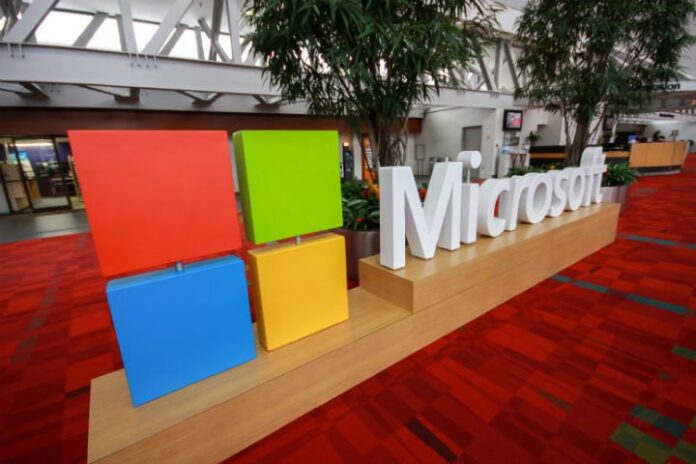Microsoft continued its push to slash operating costs, with reports noting the software giant recently moved forward with approximately 3,000 job cuts.
ZDNet reported that the cuts were the “third wave” in Microsoft’s previously announced move to cut approximately 18,000 jobs, which it announced this summer. The latest cuts reportedly came mostly from support staff in human resources, finance, sales and marketing, and IT.
The report suggested that a final round of cuts would come early next year, but would be a much smaller number as most of the cuts have been complete with the latest round.
“We’ve taken another step that will complete almost all the 18,000 reductions announced in July. The reductions happening today are spread across many different business units, and many different countries,” a Microsoft representative told ZDNet.
Microsoft’s original workforce reduction announcement indicated that more than two-thirds of the cuts would come from its recently acquired Nokia handset business. That deal saw Microsoft take on approximately 32,000 Nokia employees. Microsoft said it would take between $1.1 billion and $1.6 billion in pre-tax charges over the next four years related to the job cuts, with up to $800 million related to severance and related benefit costs, and up to $800 million of “asset-related charges.”
Microsoft’s efforts in the mobile telecom space have lagged over the past several years as Apple and Google managed to push aside the software company in gaining a stranglehold in the OS space. Prior to the launch of Apple’s iconic iPhone in 2007, Microsoft was seen as a major player in the burgeoning smartphone space, which to that point was dominated by Research In Motion’s BlackBerry and Palm’s devices and operating systems.
Nokia, which held the title of the world’s No. 1 mobile device-maker for years, also seemed to miss the smartphone boat as it continued to rely on the Symbian OS, which was not able to gain traction outside of Europe.
Microsoft did manage to hold some influence in the enterprise space as corporations appeared more comfortable in running mobile systems that were compatible with their desktop OS environment. However, that leadership has been sinking as enterprises began adopting a “bring-your-own-device” model for their employees that led to growing support for more consumer-friendly devices and operating systems from Apple and Google.
Bored? Why not follow me on Twitter?
Photo copyright: drserg / 123RF Stock Photo

